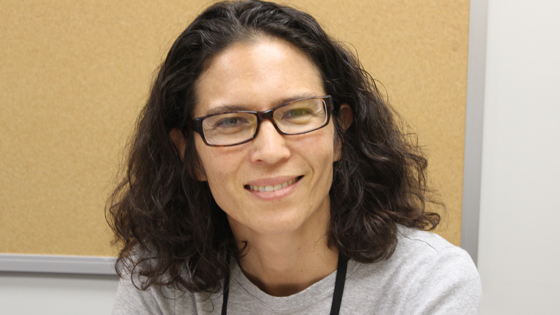

It wasn’t until I came home from the protest that I gave the text the attention it deserves. My professor had casually remarked that it was her favorite novel of all the ones we read I was too awash in pre-finals anxiety to give her remark a second thought. I first encountered this sweeping tale of past and present iterations of Los Angeles, of riots, looting, and the reincarnations of allyship, in my Asian American Literature class, junior year of college.

It was in the aftermath of being surrounded by these people, all aligned in our goal for the abolishment of the systemic injustices that cause Black oppression, that Nina Revoyr’s literary crime novel Southlandcame to mind.

It was then that I looked at the faces of the people around me some couldn’t be older than sixteen, and some as old as the speaker, or older. But his passion was clear in his speech as he declared that we were not the first to fight for our rights, and we will not be the last: he was protesting in the streets back in his early adulthood, the same way we were today. The speaker was an older Black man, the weariness of the movement evident in his face and in the way he leaned against a streetlamp for support. Sign up for our newsletter to get submission announcements and stay on top of our best work.Īfter several grueling hours of protesting against systemic injustice (no one can prepare you for long hours on your feet, long hours screaming for recognition of your humanity), we stood with our signs tucked safely under our arms as the organizer introduced some parting words.


 0 kommentar(er)
0 kommentar(er)
